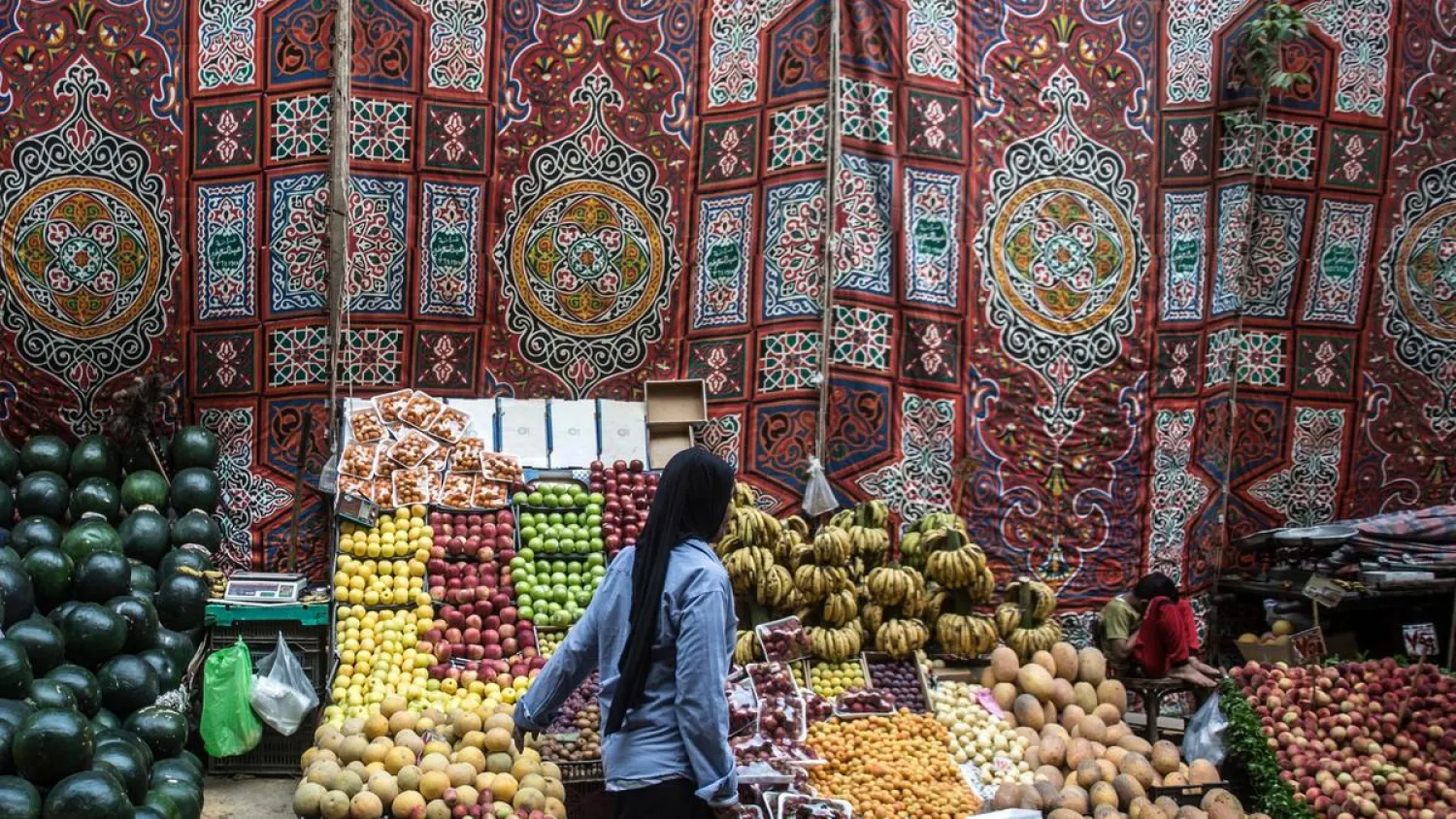Egypt’s trade balance deficit rose by 4.1 percent in April to $3.32 billion from $3.19 billion for the same time last year.
Egypt’s exports increased by 3.7 percent last April to $2.26 billion as opposed to $2.18 billion in the same period in 2017, data released by the Central Agency for Public Mobilization and Statistics (CAPMAS) showed on Sunday.
Crude oil exports fell by 15.2 percent in April as did potato and fertilizer exports, which dropped 4.6 percent and 62.1 percent.
Meanwhile, Egyptian imports rose by 3.9 percent to $5.58 billion in April, compared to $5.37 billion in the same period last year.
The Information Technology Industry Development Agency (ITIDA) discussed with a delegation from the US Chamber of Commerce in Egypt and the US Embassy in Cairo possible ways for joint cooperation and promoting investment opportunities in the Egyptian telecommunication and information technology sector.
Sylvia Menassa, CEO of US Chamber of Commerce in Egypt, underpinned the importance of fostering cooperation in the field of technology innovation and supporting emerging projects through coordinating between the authority and the entrepreneurship committee in the chamber. She also underlined cooperation opportunities between ITIDA and the international association for works innovation.
Separately, Egypt and Japan signed a grant to support the establishment of an automated system to calculate the Value Added Tax (VAT).
Worth EGP15.5 million (USD880,000), the grant will contribute to the effective execution of fiscal policy and reinforcement of economic reform programs.
The agreement was signed by Minister of Investment and International Cooperation Sahar Nasr and Japanese Ambassador to Cairo Takahiro Kagawa.
The Japanese ambassador stressed Tokyo’s keenness to support Egypt, pointing out that this grant will contribute to increasing its revenues and bolstering its economic development.









